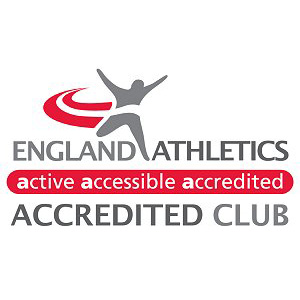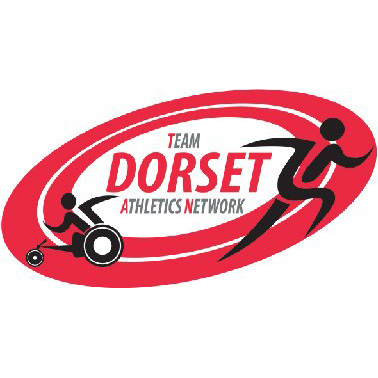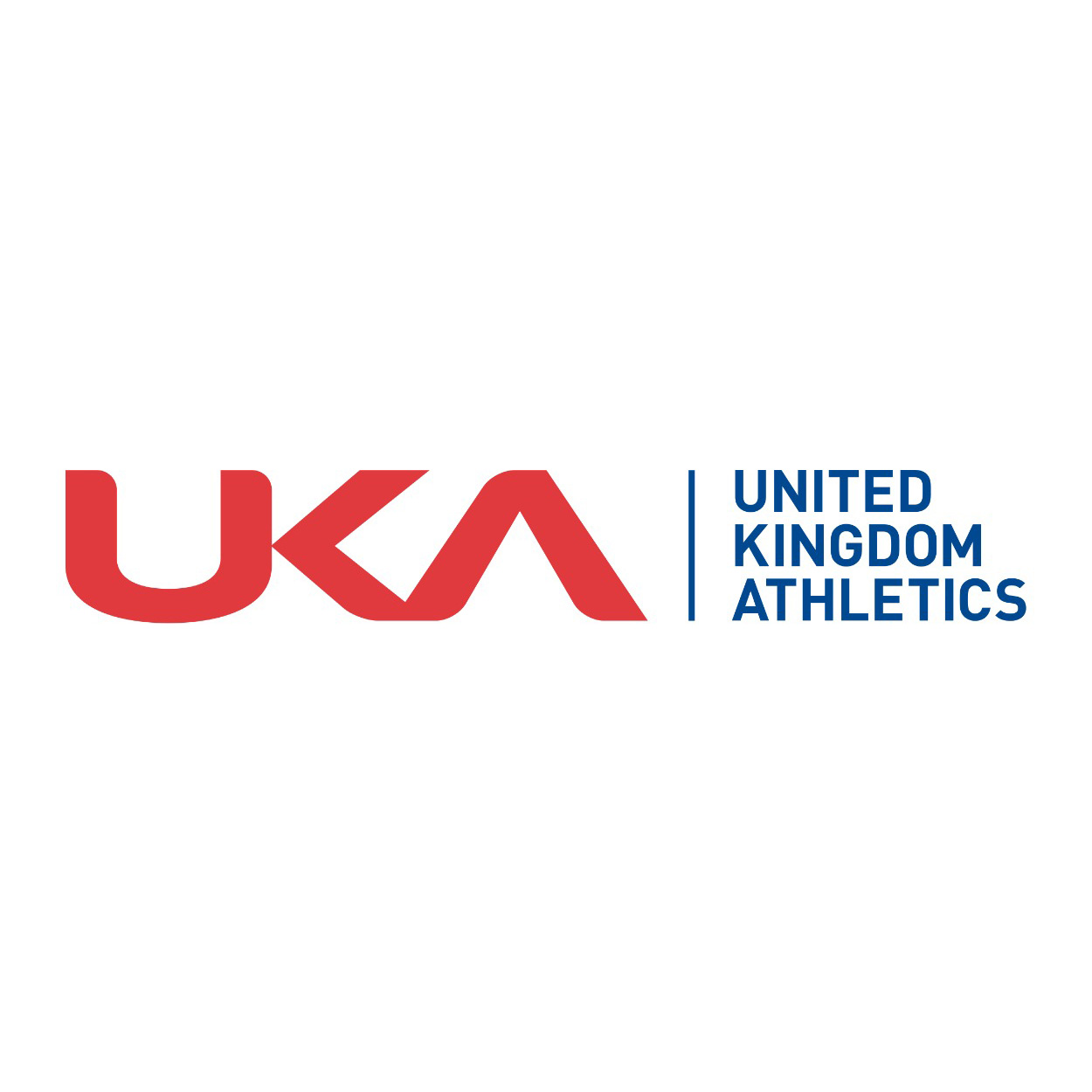The Club claims ‘Established 1897’, but nobody knows where this date has come from. One track historian suggested that in the late Victorian period an athlete from Poole might be reported as ‘Poole AC’ even if there was no such club. The same source informed us that Poole & County Harriers was formed in 1920.
Poole AC certainly existed combined with the cycling club as ‘Poole Wheelers Cycle and Athletic Club’ (Poole Wheelers C & AC) during the 1930s. On 2nd August 1932, the Club enjoyed Olympic success at Pasadena Rose Bowl as part of the Los Angeles Games. It came from a cyclist, rather than a runner. William Harvell – ‘Harvell the Marvel’ – gained a bronze medal as one of a four man team in the 4,000m cycling team pursuit event.
Athletics at this time included handicap races, which attracted considerable crowds to Poole Park, including invitation races involving William Harvell and 1932 50K Olympic Gold Medallist Tommy Green. Amongst those who raced was ’scatch miler’ Stan Pauley, who also competed in the races against the illustrious Mr Green. Stan also competed in the 1934 London to Brighton Race Walk for Poole C & AC, covering the 52 miles in 9 ¾ hours. Stan provided guidance and support to grandson Mark who joined Poole AC in the 1980’s, and who has gone on to become Junior and Track Chairman.
Poole was much smaller in those days and struggled to sustain an athletics club. The history is one of frequent re-formations and disbandment as the sport slipped in and out of fashion. In 1963 the club reformed, following the running of 1962 Boxing Day ‘Around the Houses, Road Race’ with support from Weymouth St Paul’s Harriers, thanks to a very enthusiastic committee. The club soon developed some fine athletes such as Mike Burden. The coach at the time was Dave Long who, during a period living overseas in Africa, had become the Kenyan Mile Champion. In the growth period international coaches such as Tom McNab, Tony Ward and UK Lead Coach John Le Masurier helped in passing on their expertise. Track races were organised in Poole Park and on Turlin Moor Recreation Ground. Training locations included Henry Harbin School which was not the only time the school came to the club’s aid and on occasions Poole Stadium.








